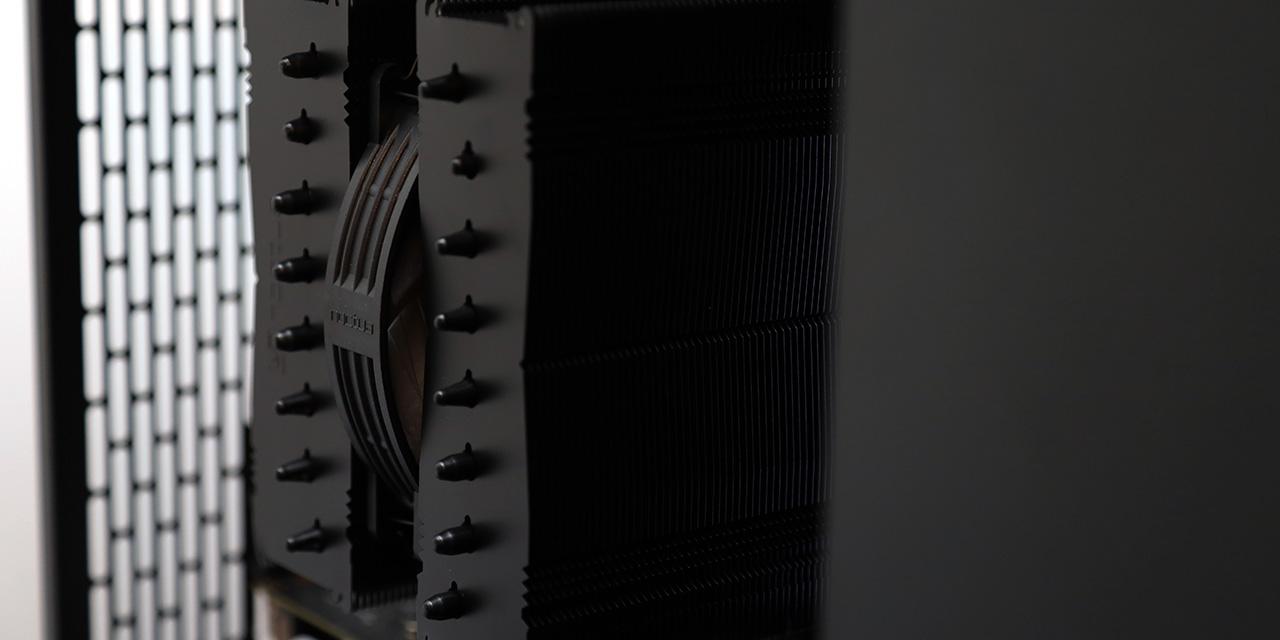|
From X-bit Labs: Intel Corp. said on Wednesday that it would begin shipments of its experimental 48-core microprocessors dubbed single-chip cloud computer (SSC) late in the second quarter of the year. The systems-based on the central processing units (CPUs) will be sent to academic institutions. “Limited quantities of the processor will be sent primarily to academic institutions,” said Sean Koehl, technology evangelist with Intel Labs, during an event in New York on Wednesday, reports IDG News Service. According to Intel, the 48-core chip operates at the clock-speed comparable to Intel Atom microprocessors, which means that the frequency of the microprocessors is in the range between 1.60GHz and 1.83GHz. The prototype chip contains 24 tiles with two IA cores per each, which results in 48 cores – the largest number ever placed on a single piece of silicon. Each core can run a separate OS and software stack and act like an individual compute node that communicates with other compute nodes over a packet-based network. Every core sports its own L2 cache and each tile sports a special router logic that allows tiles to communicate with each other. A 24-router mesh network with 256GB/s bisection bandwidth. The processor sports four integrated DDR3 memory controllers, or one controller per twelve cores. The SCC can run all 48 cores at one time over a range of 25W to 125W and selectively vary the voltage and frequency of the mesh network as well as sets of cores. Each tile (2 cores) can have its own frequency, and groupings of four tiles (8 cores) can each run at their own voltage. One of the distinct features of the new 48-core experimental chip will be its extreme programmability. Software applications will be able to automatically control the number of cores to use at any given time and operating systems will be able to assign certain cores for auxiliary tasks. Moreover, software will be able to manage power consumption, clock-speed of individual cores or even shut them down when not needed. View: Article @ Source Site |
 |
Intel to Ship 48-Core Microprocessors Later This Quarter
© Since 2005 APH Networks Inc. All trademarks mentioned are the property of their respective owners.





